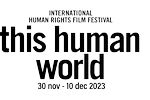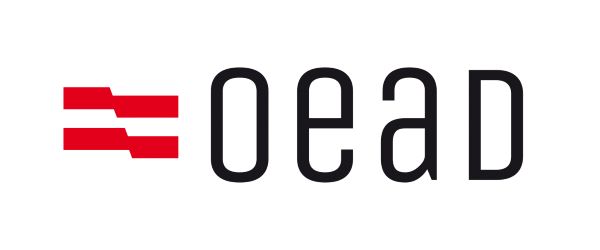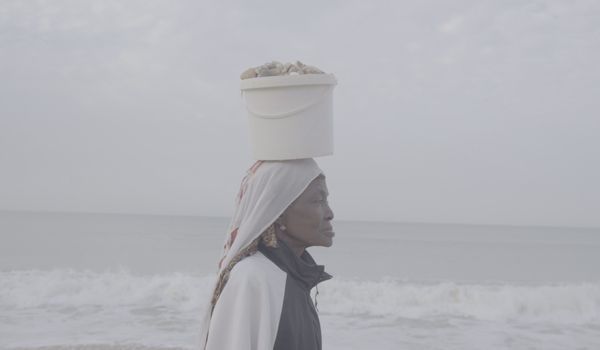As part of this human world - International Human Rights Film Festival, VIDC Global Dialogue uses two documentaries to address the effects of the climate crisis on the African continent. Following the screening, climate researcher Marion Borderon, climate activist Amina Guggenbichler, architect and urban planner Mariam Mohamed Abdalla Wagialla and energy expert Aminata Fall will discuss possible ways out of the crisis with Michael Fanizadeh from VIDC Global Dialogue.
A letter from Yene (50’), Director Manthia Diawara, Senegal
A Letter from Yene emerges from conversations with the community in the seaside town of Yene, Senegal, where Diawara lives for part of the year. The area was traditionally and primarily occupied by fishermen and farmers but has in recent decades been besieged by coastal erosion and uncontrolled urbanization. Fish have become scarce and the pirogues owners, traditional fishing boats, have turned to new occupations. The women who used to smoke fish and preserve it as part of a sustainable mode of living now sell pebbles to the owners of the newly built houses.
Terra Mater - Mother Land (10‘), Director Kantamara Gahigiri, Rwanda
There she stands, confidently, like a goddess of technological junk, surrounded by endless mountains of rubbish, plastic, stench, and rare earths. An angry appeal to the world to take responsibility for the consequences of capitalism, colonialism, and environmental destruction in Africa.
This human world
The this human world – International Human Rights Film Festival takes place in Vienna for the 16th time this year and opens its doors from November 30 to December 10. During this period, over 90 films will be shown in five renowned Viennese cinemas - Schikaneder, Top Kino, Gartenbaukino, Stadtkino and Breitenseer Lichtspiele.
With nine thematic focuses, including a focus on African cinema, the festival offers a wide range of perspectives and invites you to look at global issues and challenges from different angles. It is not just about showing films, but about creating a space for dialog, reflection and inspiration.
Through the diverse films, ranging from documentary to fictional works, this human world provides insights into the complexity of human rights while shining a light on the stories and voices that are often hidden from view.
Followed by a film talk with:
Marion Borderon
is a researcher at the University of Vienna with a PhD in geography, focusing on the links between public health, population, and the environment. Her academic career began at the University of Aix-Marseille, France, where she studied the risks of malaria in Senegal. She has since worked on international research projects ranging from climate change adaptation in Mauritania and Algeria to studies on environment-related mobility in India. For the past few years, Borderon has been studying how climate change is affecting migration patterns in Ethiopia.
Amina Guggenbichler
is climate activist, Spokesperson for Earth Burns. The student she is studying social work gained experience on Fridays for Future and later in the Lobau movement.
Mariam Mohamed Abdalla Wagialla
is an architect and urban planner with a focus on gender sensitive spatial planning. The activist for women's rights has been living in Austria for ten years, where she received her doctorate from the University of Natural Resources and Life Sciences (BOKU) in Vienna in 2020. From 1989 to 2011 she worked at the Ministry of Physical Planning and Public Utilities in Khartoum.
Aminata Fall
is an energy expert who specialize on the many dimensions of transition to energy sustainability, particularly in Africa. She has over 12 years’ experience working with international organizations that include the United Nations, the Economic Community of West African States, and the African Union. Between 2018 and 2020, Aminata coordinated the project “Sustainable Energy Access for Sustainable Cities - SEA4Cities” implemented by the Vienna University of Technology together with Ecole Polytechnique Thies (Senegal), with funding from the Austrian Partnership Programme in Higher Education and Research for Development. Aminata holds a doctorate on Energy Economics completed in TU Vienna.
Moderation: Michael Fanizadeh
is project coordinator at VIDC Global Dialogue. His areas of work are migration and development, climate crisis and displacement, human rights and anti-discrimination, with a regional focus on the Middle East. Since 2012 he is Head of the Migration & Development Working Group in the AG Globale Verantwortung, Working Group on Development and Humanitarian Aid.



